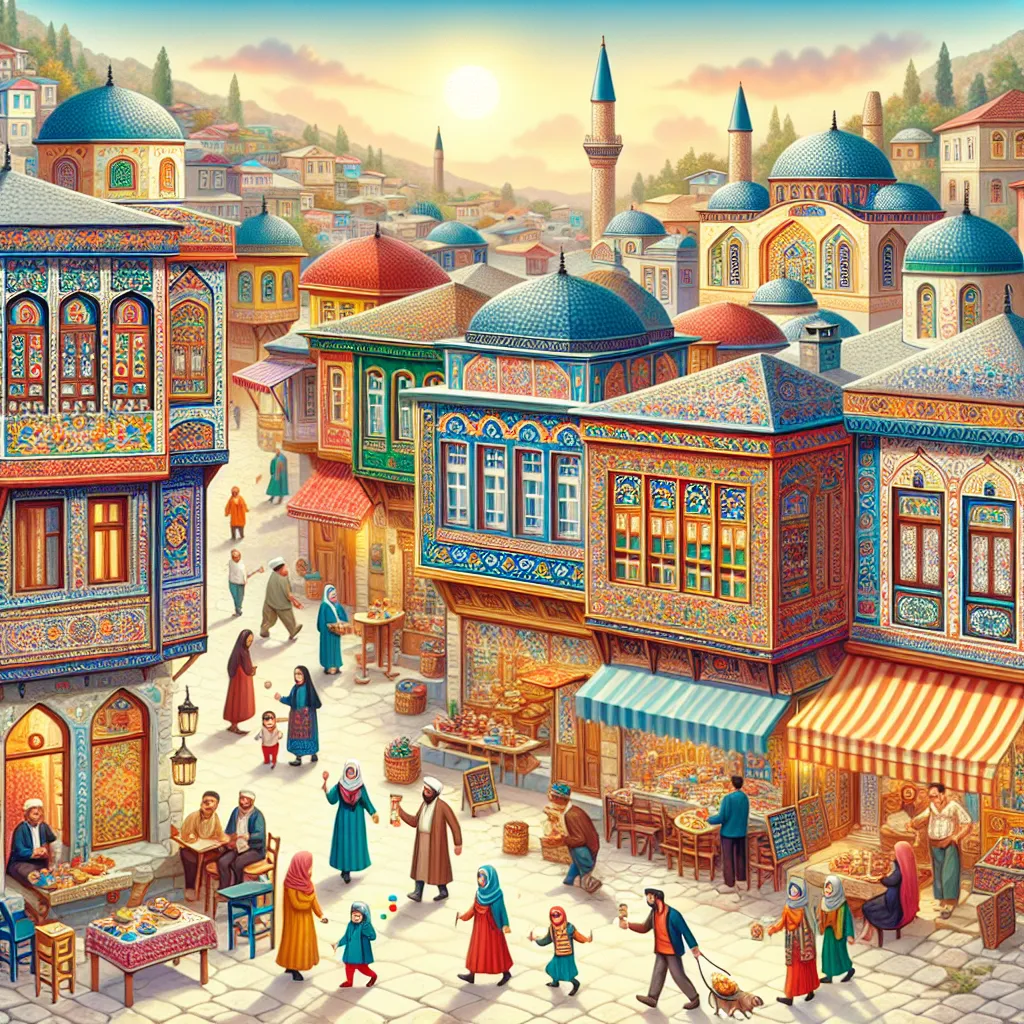Meskun Mahal: Unveiling the Heart of Turkish Urban Living

Exploring the concept of meskun mahal in Turkey is like opening a window to the intricate tapestry of urban life. This term, which might sound unfamiliar to some, holds a significant place in Turkish law and urban planning. It refers to areas where people reside continuously, shaping the backbone of community life. Yet, what exactly makes a meskun mahal so special? Let’s dive into this fascinating concept and uncover its layers of meaning and importance.
What is Meskun Mahal?
In simple terms, meskun mahal translates to “inhabited area” or “residential zone” in Turkish. These are the spaces where daily life unfolds—homes, neighborhoods, villages, and even entire cities. But it’s more than just a cluster of buildings; it’s the pulse of societal interactions, a place where life happens. According to Turkish law, particularly the 3194 İmar Kanunu (Zoning Law), a meskun mahal is a legal designation that influences urban development and planning.
The Origins of Meskun Mahal
The roots of the meskun mahal concept can be traced back to the Ottoman Empire. During this time, the need for organized and regulated settlement planning became evident. The Ottoman authorities recognized the importance of establishing rules for urban development, thus birthing the idea of meskun mahal. This concept has evolved over the centuries, adapting to modern urban needs while retaining its traditional significance.
Legal Definition and Role in Urban Planning
In Turkey, the legal framework defines meskun mahal as areas predominantly used for residential purposes, with limited commercial or industrial activities. This legal designation plays a crucial role in urban planning, ensuring that residential areas are developed with consideration for infrastructure needs, population density, and environmental factors. It helps maintain the delicate balance between urban expansion and livability.
Meskun Mahal in the Zoning Law
Under the Zoning Law, meskun mahal areas are subject to specific regulations regarding construction and land use. These regulations aim to create harmonious living environments by considering factors such as road access, public utilities, and safety measures. By designating certain areas as meskun mahal, urban planners can implement policies that enhance community well-being and sustainability.
The Diverse Aspects of Meskun Mahal
Meskun mahal encompasses a wide array of living environments, each contributing uniquely to the urban landscape. Let’s explore some of these diverse aspects:
- Residential Areas: From single-family homes to sprawling apartment complexes, these are the primary components of meskun mahal.
- Neighborhoods and Villages: These are the social hubs within cities and rural areas, where community ties are strongest.
- Urban Developments: Modern residential projects like gated communities and high-rise buildings also fall under the meskun mahal umbrella.
- Tourist Resorts: Even vacation spots, known for their seasonal residents, are considered part of this classification.
Why Meskun Mahal Matters
The significance of meskun mahal extends beyond legal definitions and urban planning. It reflects the core of Turkish society, where communal life is cherished and preserved. In these areas, residents enjoy access to essential services like water, electricity, and transportation, ensuring a high quality of life. Moreover, meskun mahal areas are often the stage for cultural and social events, fostering a sense of belonging and identity.
The Role of AnySqft in Property Transactions
In today’s fast-paced world, navigating the real estate market in meskun mahal areas can be daunting. This is where AnySqft’s AI-driven platform comes into play, offering seamless solutions for buying, selling, and renting properties. With its advanced technology, AnySqft simplifies the transaction process, ensuring that buyers and sellers have access to the most accurate market insights and opportunities.
Conclusion
Understanding meskun mahal provides a deeper appreciation of Turkey’s urban fabric. These residential areas are not just spaces to live but are the heartbeats of Turkish culture and community. As we continue to explore these vibrant locales, meskun mahal reminds us of the enduring value of home and community in our ever-evolving cities.